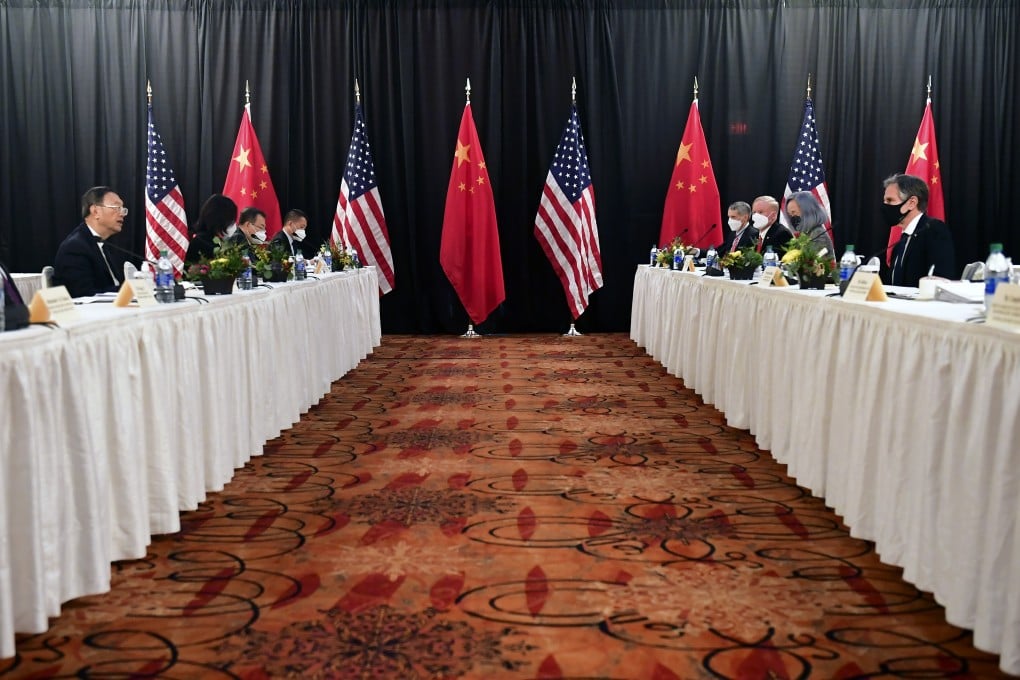Opinion | As US-China clash endangers our fragile economic recovery, we must do more than just gawk
- The worst-case scenario is an arms race that diverts money urgently needed for pandemic recovery and climate change
- We can all do more to force the two biggest economies in the world to behave, especially the US

A former executive of a multilateral development bank once recounted to me how he achieved a minor diplomatic coup in dealing with high-level Chinese officials. Courtesy and subtlety were part of his game plan, and certain members of the US Biden administration would do well to take note.
At a meeting in Beijing, he began by voicing respect for China’s ancient culture and traditions, only then introducing the thorny issue of certain financial outstandings by China to the bank. He was sure, he added, that this must be an oversight in a nation of China’s standing and achievements.
This was not just a faux pas (or plain bad manners) on the part of the United States; it was egregiously shortsighted diplomacy and the economic or strategic fallout could be profound and long-lasting. China’s response was admittedly rather tart but it was the US side that kicked off the slanging match.
What we can conclude from this unfortunate exchange is that the new US administration, which appeared to be a model of realism and restraint at the outset, has quickly assumed the mantle of high-minded self-righteousness and triumphalism that has characterised some former US administrations.

